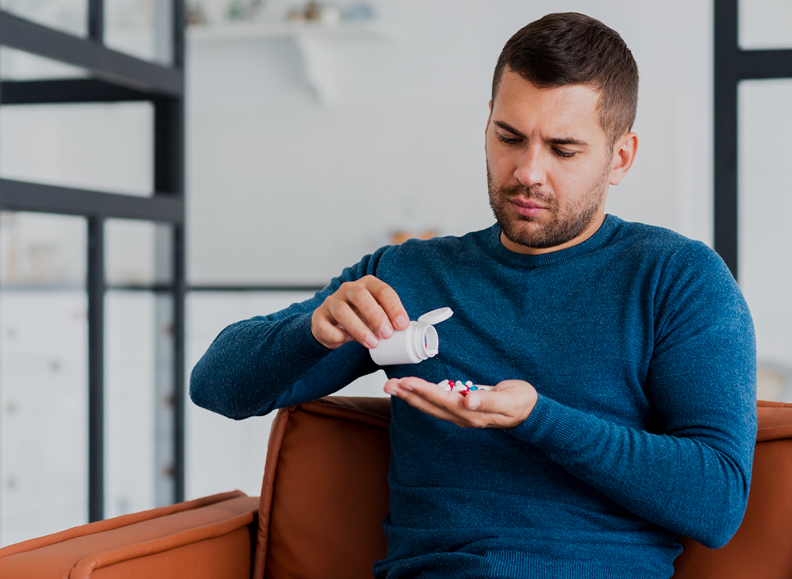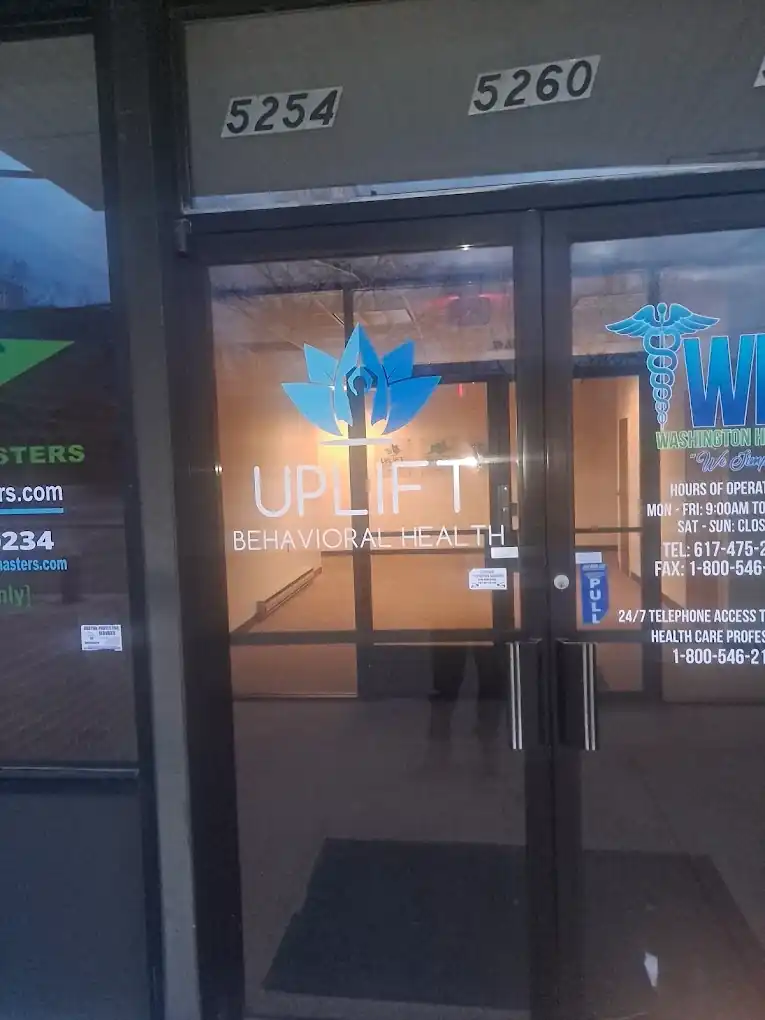Depressants & Sedatives Addiction
At TruPaths, we understand that substances like alcohol, benzodiazepines, sleep meds, and muscle relaxants often start as ways to ease anxiety, grief, trauma, or sleepless nights. These depressants and Sedatives can calm the body but when dependency develops, they can quietly take control of your life.
We created this page to help you understand how these substances work, why they become addictive, and how to gently start finding your way toward support and peace. We don’t treat addiction but we guide you to people who do, with compassion and care.










